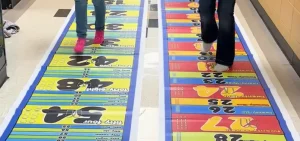
Innovative Kinesthetic Strategies for Student Engagement
Find out how and why kinesthetic strategies work to increase student engagement. Plus, we’re sharing movement-based math activities for your students!

At a time when educators are needed more than ever, you and many other new teachers are likely feeling stressed about starting the job. You also likely feel pressure to run a perfect classroom with flawlessly-conducted lessons and every supply you could ever need. However, teaching is a lot about practice and reflection on action. Many teachers are in their own learning process while teaching the nation’s children.
As is true in all vocations, good teachers constantly ask how to improve their teaching to help their students. Most new teachers are starting with a blank slate, which is exciting and full of potential, but also intimidating. There is no one way to be a “great teacher”, but there is plenty of advice for first year teachers just starting out. We’re sharing 10 tips for new teachers who are growing and developing professionally.
Becoming the best teacher ever doesn’t happen overnight. There will likely be a lot of mistakes and maybe even temporary failures, but it is important to realize that those experiences are the ones that help you grow and develop professionally as a teacher the most.
Movement isn't just for recess
Want to get started with movement-based learning right now? Enter your email to get our training manual with over 250 active math movements. No materials necessary!
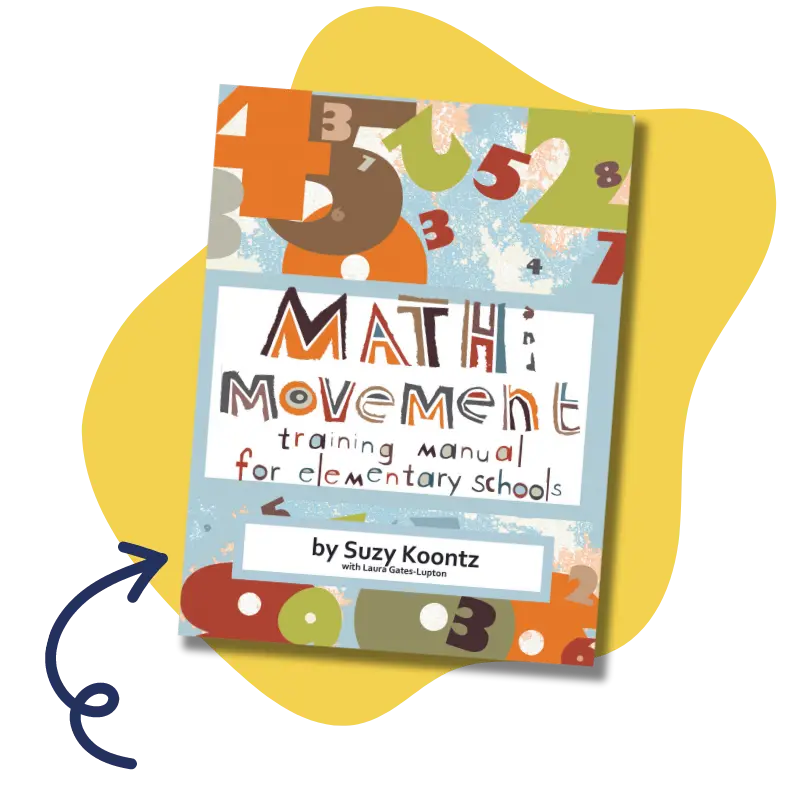
See how simple adding movement can be!
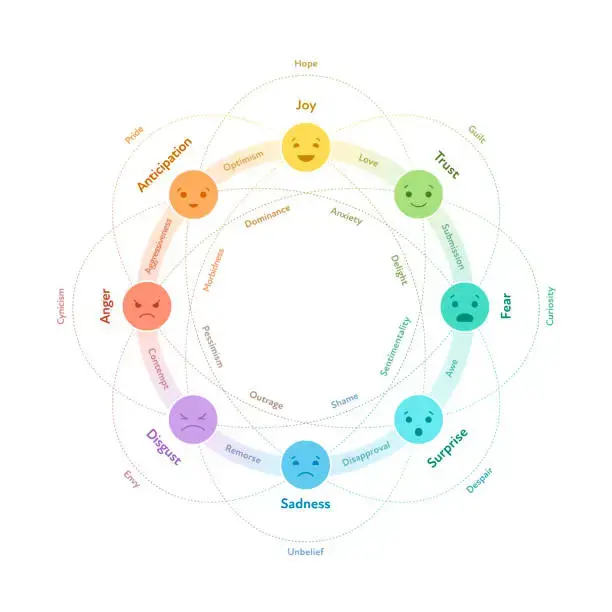
When students misbehave or struggle to focus, that could be for various reasons. As a teacher, it is important to be patient and not immediately label the student as a troublemaker. Instead, try to find the root of the problem. Perhaps they are not engaged with the lesson, struggling to understand a new concept, or are simply having a bad day. There is always an alternative solution to harsh discipline.
Try a kinesthetic approach to teaching! Often, teachers will only teach through one learning style that does not benefit all types of learners. A combination of visual, auditory, and kinesthetic learning styles can be implemented stimultaneously. Math & Movement creates a fun learning experience through interactive learning materials that engage all students.

Find out how and why kinesthetic strategies work to increase student engagement. Plus, we’re sharing movement-based math activities for your students!
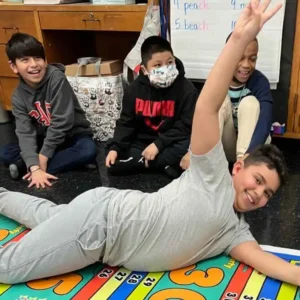
See the results from this 8-week math intervention using kinesthetic multiplication strategies!

Learn fun ways to teach sight words and high-frequency words to kindergarten, first grade, and second grade students using multi-sensory strategies.
Don’t be afraid to ask veteran teachers for advice as a first year teacher! They had their own first year of teaching, too. Many experienced teachers are happy to share their insights and lesson plans if you simply ask. Seek help from teachers who you admire and see are respected by their students and their peers.
Often, new teachers just want the students to like them. Although having a strong relationship with students is helpful, it is also vital to maintain classroom management. A warm demander is a teacher who understands this relationship and can have reasonable expectations that the students will follow. This way, the students will respect you and have a productive, enjoyable learning environment.
In many ways, it can seem easier to teach to the test and measure your success by meeting all of the standard requirements. However, this can be detrimental to the students’ long-term academic success. Practicing new teaching strategies and making custom lesson plans will serve your students best if you follow those activities with thoughtful reflection. What impact does your teaching have on your students? When teachers reflect on their actions, they continue to grow and develop professionally.

As the first day of school approaches, be confident in yourself and all of the new wonderful things you can teach your students throughout the school year! No amount of tips for new teachers can make up for a lack of passion for teaching. Though being a teacher is hard work, all of the growth and development you see in yourself and your students makes it worth it!
Experienced teachers – share your tips for first year teachers down below in the comments!
Movement isn't just for recess
Want to get started with movement-based learning right now? Enter your email to get our training manual with over 250 active math movements. No materials necessary!
Subscribe to Our Newsletter
We never share or sell your data.
Please leave your email and a quick note for us. We will get back to you soon! In the meantime, here are answers to some of our most common questions:
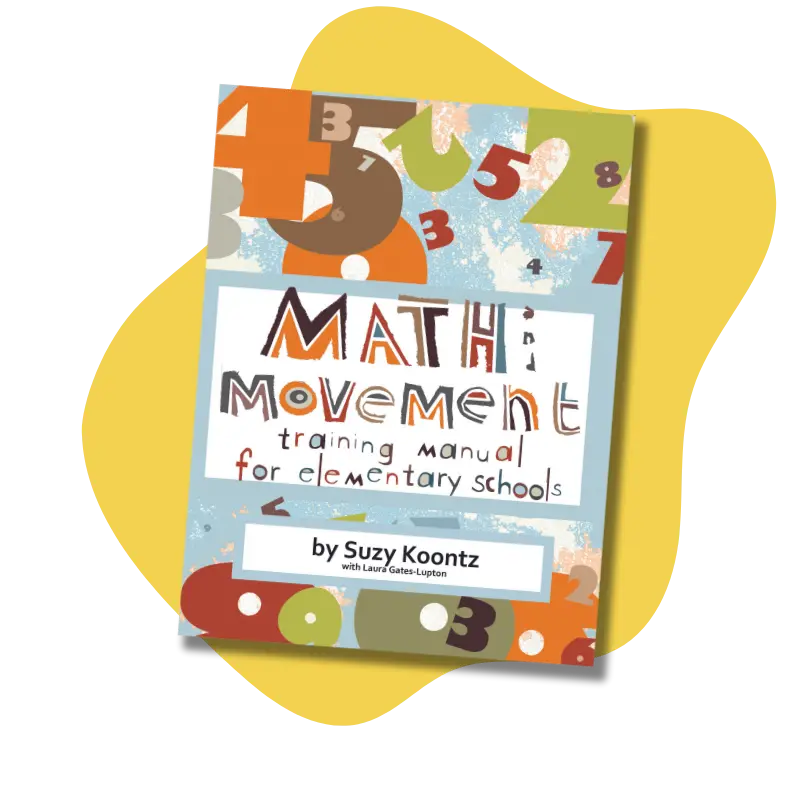
Enter your email to get our training manual with over 250 active math movements. No materials necessary!
We never share or sell your data.